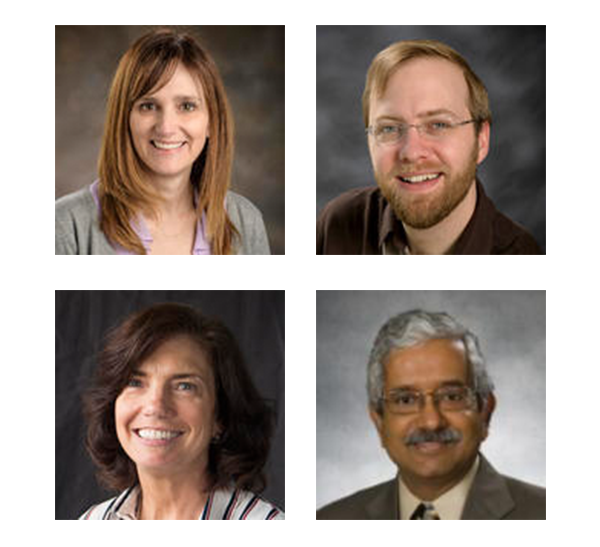
We are pleased to announce the recipients of the 2017 Teaching Innovation Grants (TIG) and their winning proposals! The 2017 TIGs were made available to support course redesign using innovative pedagogies to enhance student learning and to engage students in active learning. For more information, please visit the Teaching Innovation Grants page on the CTL website. Congratulations to all of the 2017 TIG winners!
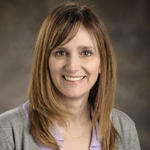

Lisa Kenyon and Michelle Fleming
Gardens Restoring Our Wellness (GROW)ing a WSU STEM Community
CoSM and CEHS
A team comprised of faculty and staff in the Departments of Biological Sciences, Teacher Education, and the Center for Teaching and Learning propose a project entitled, Gardens Restoring Our Wellness (GROW)ing a WSU STEM Community. The GROW project will redesign three independent undergraduate courses including the Wright State core course, BIO 1050 Biology of Food for nonscience majors, ECE 4100 Science Methods for Early Childhood Education, and ED 6360 Science Methods for Middle Childhood Education for preservice teacher candidates. The courses are in two colleges; however, our team will collaboratively redesign all three courses across colleges, departments, and programs to achieve the following student learning goals:
- Increase student and community engagement through authentic STEM learning experiences connected to course content around health, gardening, food, ecosystems, community, and sustainability.
- Cultivate course cultures that promote democratic STEM, where students actively participate in decision making, reasoning, and explanatory thinking.
- Integrate innovative technologies to develop students’ capacity to learn and meaningfully connect course content to their lived experiences.
Our transformative pedagogy includes engaging undergraduate students in gardens, democratic science/technology/engineering/mathematics (STEM) practices, and new technologies to increase students’ content knowledge and care for their university and community. Our courses will create opportunities for enactment and application of the content knowledge in the field – the university garden and local school gardens. We want students to move beyond what is important to learn to how and why this content impacts all of our lives.
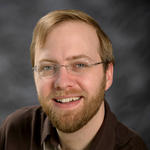
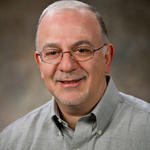

Chad Campbell, Nicholas Reo, and Madhavi Kadakia
Redevelopment of BMB 4210 into Student-Centered AL Majors Course
CoSM
We wish to modify our existing, but outdated, undergraduate level course (Biochemistry and Molecular Biology I; BMB 4210) by incorporating state-of-the-art teaching methods that focus on small group and individualized instruction in the classroom. Such modifications focus on two primary goals: (1) to enhance student comprehension of core concepts in biochemistry and molecular biology, and (2) to better prepare our students for multifaceted careers in the biochemical/biomedical sciences.
This is an opportune time to redevelop BMB 4210 as our department initiates its brand new undergraduate BS degree program in Biochemistry & Molecular Biology (approved Aug 2016; inaugural semester Fall 2016). Through funds from this Innovative Teaching Grant we will (1) transform the course pedagogy into one that is more student-centered and focused on active learning, (2) adjust the course outcomes to better align with the needs of our new undergraduate majors and external accreditation agency, and (3) reevaluate and improve the course materials available to students.

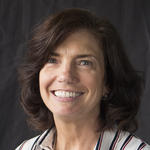
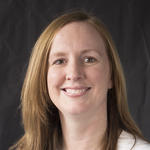
Ann Farrell, Peggy Kelly, and Lisa Wellinghoff
Active Learning and Corequisite Remediation in the Mathematics Core for Liberal Arts Majors
CoSM
The proposed project is part of a larger effort by the Department of Mathematics and Statistics (M&S) to redesign gateway and DEV mathematics courses to significantly increase the percentage of students who place into DEV and complete their mathematics gateway course within one semester. The first such course to be redesigned is “Math in the Modern World” (MTH 1450). It is a course in the WSU Core. The redesign will utilize a new curriculum, active learning pedagogy, and couple it with a fine-tuned developmental mathematics course to provide DEV math “just in time” as a corequisite. Thus the project will positively impact both the success rate and the time to completion for academically at-risk students. Teaching Innovation Grant funds will increase the pace of progress so that we can take the new curriculum to scale by Fall 2018.
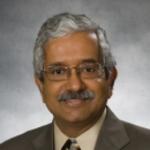
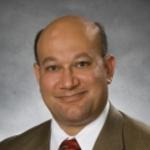


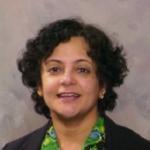

R. Srinivasan, M. Amer, A. Farajian, H. Huang, S. Mukhopadhyay, and D. Young
Incorporating Active Learning into ME 2700
CECS
The purpose of this proposal is to improve the method used to deliver material in ME 2700 “Structure and Properties of Materials I.” The goal is to enhance student learning by providing them with an environment that fosters new pedagogical approaches, such as peer-to-peer learning/teaching, project based learning, self-assessment, and other active learning techniques.
The approach described below is based on nationally recognized best practices in teaching approach developed by Prof. Eric Mazur of Harvard University and implemented by Prof. Steven Yalisove to a similar course in the University of Michigan. The approach is based on adopting active learning through:
- Engaged reading of the textbook
- Interacting with peers in the class and other students who have previously taken the course
- Applying material learned to problems and open-ended design projects
- Sharing the results with the rest of the class
The approach we will implement at WSU addresses several elements of the WS Core, as well as many of the student learning outcomes of ABET/EAC, the accrediting body for engineering programs. An assessment plan that supports the new teaching approach specifically gives students credit for engaging in the active learning process.

